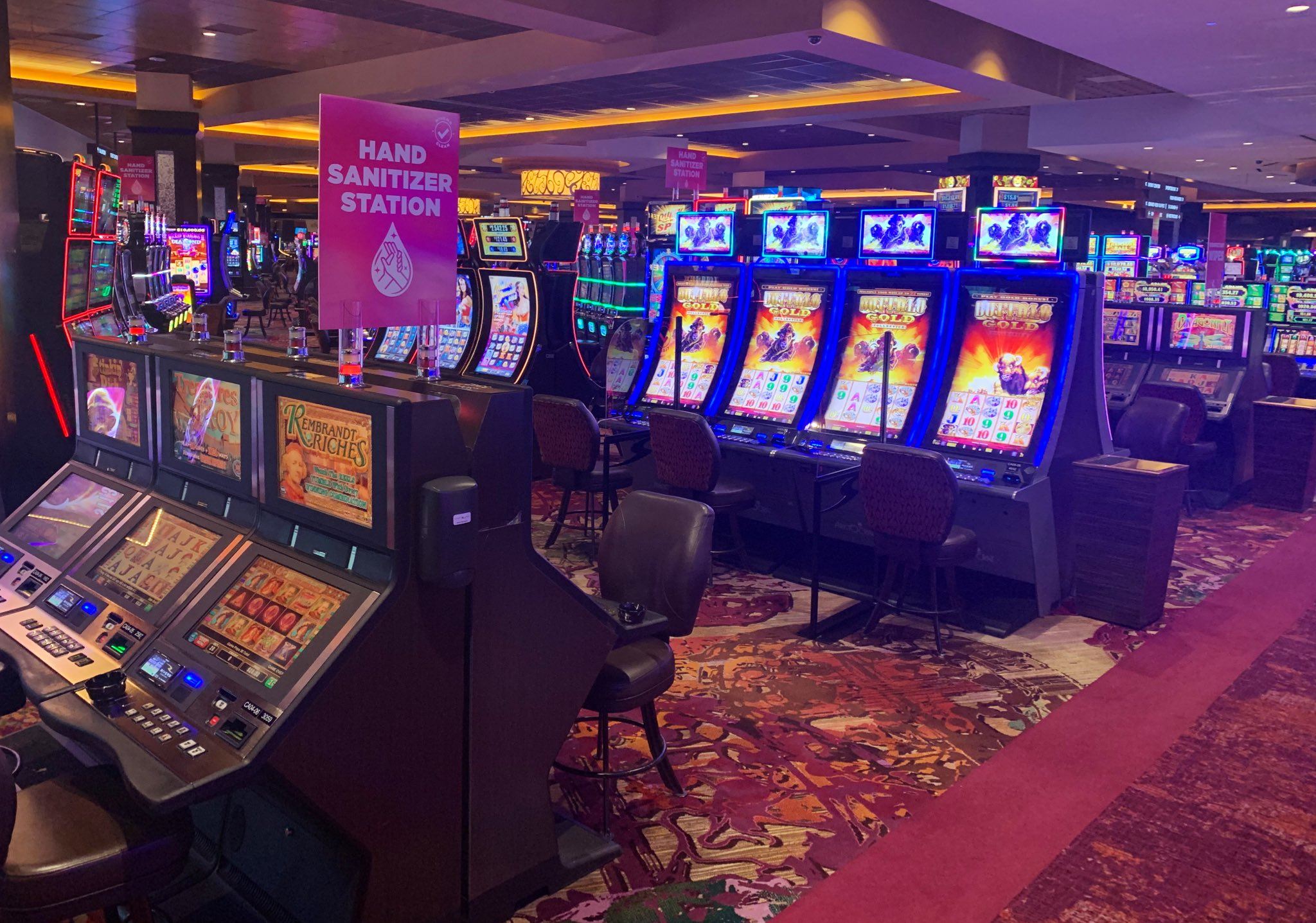
Gambling has been an essential part of human entertainment for thousands of years, transforming through cultures and periods to become the vibrant casino activities we know today. From the historical Chinese and Romans, who engaged in different forms of betting and luck, to the advanced gaming floors of today’s casinos, the attraction of risk and reward has enchanted individuals across the globe. The change from basic dice games and primitive betting setups to the opulent environments of modern casinos reflects considerable strides in both cultural standards and technological advancements.
As cultures evolved, so too did the complexity of gambling activities, with gambling activities emerging as a separate category of entertainment and excitement. These games have evolved from informal gatherings centered around traditional tables to sprawling, lavish establishments designed to lure players. Today, we explore this captivating journey, analyzing how historical practices laid the foundation for the diverse and thrilling casino games that bring pleasure to millions worldwide.
spintax
Early Wagering Traditions
Gambling has profound roots in human history, with proof of activities of chance tracing back to ancient societies. Archaeologists have uncovered that as far back as 3000 BC, the Chinese were using primitive forms of betting with dice made from wood. Similarly, ancient Mesopotamians engaged in betting activities, often relying on the tossing of lots or dice to determine outcomes. These early forms of betting served not only as recreation but also played vital roles in social and cultural practices.
The people of Egypt also took part in gambling activities, with games that included betting on the outcomes of various occurrences, including athletic events and spiritual festivals. Artifacts such as dice and depictions of players from ancient tombs demonstrate that betting was a common pastime. It provided both relaxation and a means of engaging in social interaction, often linked to festive occasions or important gatherings. This behavior revealed the universal appeal of chance and rivalry throughout the ages.
In ancient Rome, wagering became a widespread practice among the citizens, as reflected by references in literature and the establishment of guidelines around certain games. casino non AAMS recensioni Romans enjoyed a variety of gambling activities, from wagering on chariot races to playing games similar to modern-day board games. The legal framework surrounding these activities began to take shape, establishing the foundations for gambling regulations that would develop in the centuries to come. The popularity of betting during this period set the stage for the development of gambling house games in the future.
The Progression of Gambling Games
Casino games have gone through notable transformations from their beginnings to the modern-day entertainment offerings. In ancient civilizations, gaming was commonly connected to ceremonial practices, with dice games found in the ancient Mesopotamian region and betting on the outcomes of events in ancient Rome. These primitive forms of gambling laid the basis for the formal games we see today. The transition from informal gambling to systematic games happened as societies began establishing rules and venues for wagering, reflecting cultural values and practices.
The medieval period saw the rise of card games, which gained recognition among European nobility. Games like first and the game baccarat became essential components in social gatherings. The invention of printing technology also aided the spread of playing cards, making them more accessible to the general public. As gambling houses began to proliferate, these card games evolved into different forms that appealed to wider audiences, eventually leading to the founding of casinos as dedicated venues for gaming.
The 1900s marked a crucial point in the evolution of casino games, with the growth of commercial casinos in Las Vegas and other gaming hubs. This era saw the introduction of games like video slots and modern variations of table games, complete with sophisticated graphics and complex betting structures. The introduction of online casinos in the 1990s also transformed the gaming industry, allowing players to access a wide range of casino games from the comfort of their homes. Today, casino games continue to progress, blending time-honored elements with cutting-edge technology to create immersive experiences for players around the globe.
Modern Gaming Regulations
In recent years, the landscape of gambling laws has developed substantially, notably as tech advances and internet-based gaming have become ever prevalent. Regulatory bodies around the world have enacted multiple regulations and guidelines to ensure that gaming activities are carried out fairly, with responsibility, and transparently. These laws often include factors such as licensing, advertising, player safeguards, and sensible gaming measures. Authorities aim to mitigate issues such as problem gambling and fraudulent activities while fostering a fair gaming environment.
The rise of online gambling sites has required a different approach to regulation. Many legal areas have set up dedicated internet-based gambling frameworks that cater to internet-based gambling, allowing operators to provide their offerings within the law. These frameworks often demand operators to obtain licenses, follow strict security standards, and provide customer support options to assist players. By vigilantly observing internet activities, regulators can more effectively protect players from risks and ensure that gaming is carried out in a protected manner.
Additionally, modern gambling laws are increasingly focusing on sensible gaming strategies. Many casinos and online platforms now implement features such as self-exclusion, deposit limits, and time-outs to help players control their gambling habits. Awareness campaigns aimed at raising awareness about the dangers of gaming are also common. As the industry continues to grow, the focus on sensible gaming continues to be a cornerstone of governing efforts, showing a commitment to encouraging a safe and enjoyable gaming experience for all gamblers.
